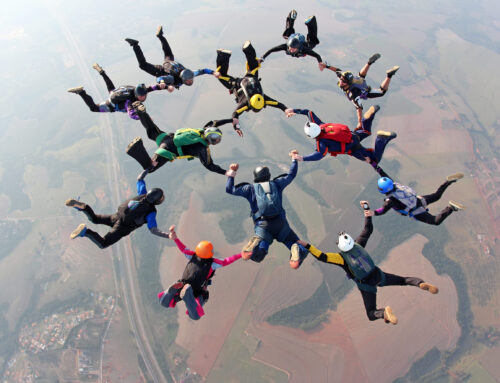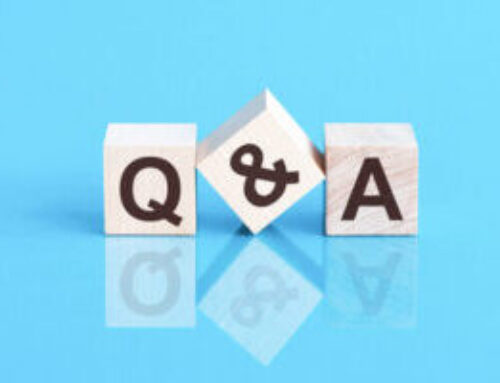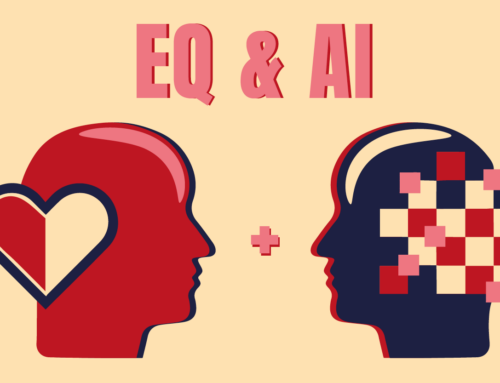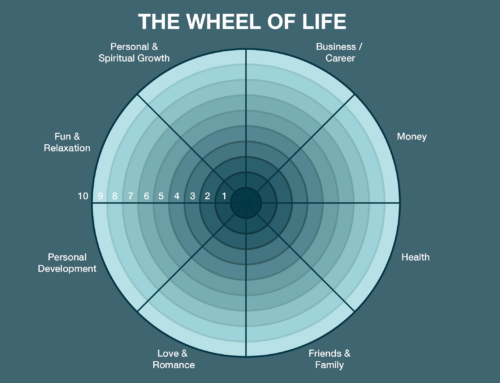What a fantastic summer for Women’s sport. The England Hockey team’s historic Gold medal at the Commonwealth Games came just seven days after the Lionesses’ Euro 22 victory, showcasing the power of high-performing teams working towards a common goal. These lessons in teamwork are just as crucial to success in the business world as they are in the world of sport. It’s never been more important to build teams that are commercially fit, agile and resilient, able to respond effectively to new challenges and deliver real results.
Building high performing teams:
According to the Tuckman model, there are four stages of team development – forming, storming, norming and performing. The role of the team’s manager or coach is to support their team on this journey. It’s important to recognise that every time a team faces a different challenge or has a new member join, the team dynamic will shift, changing where you are in your team development. The secret to success is to pinpoint the stage the team is at and to use emotional intelligence skills to accelerate the team as quickly as possible to the performing stage. Let’s now look at each of these stages in turn to discover how EQ skills can help build a high performing team.
- Forming
This is when the team are getting to know each other and beginning to understand what makes them tick. Energy levels are generally high as people are usually on their best behaviour and keen to make a good impression. Conflict, as a result, is unlikely. The goal should be to harness communication and seek to ask questions to understand the team’s strengths and areas for development.
- Storming
As people feel more comfortable in their roles, they are more likely to push boundaries and question established ways of doing things. This can lead to clashes in personality types. It’s important to draw on empathy – often described as the emotional glue of relationships – to actively listen to the people and understand their motivation and needs. The goal should be to recognise and manage your team’s different communication styles and adapt accordingly in order to resolve conflict and find common ground.
- Norming
By this stage interpersonal differences are often resolved. Straightforwardness here is key. By having open and honest conversations, the team are more likely to build trust and respect others. This will help foster collaboration as healthy ways of working can be established. It’s also the point at which the team might begin to socialise with one another.
- Performing
Congratulations – you have reached the performing stage. This is when everyone in the team is highly motivated and working together effectively to achieve a common goal. Just like the Lionesses and the England Hockey Team, all members understand each other on a deeper level and are playing to the collective strengths. This platform enables the team to drive their performance and achieve the extraordinary.
This is the most tempting time for the team to rest on its laurels. However, there is no time to be complacent. The likelihood is success will bring a new challenge, so the team will need to go through the same team development journey once more. This constant ebb and flow is a characteristic of all teams – it’s only by harnessing the team’s EQ to hone their collective relationships on an ongoing basis that it can become truly high performing and achieve its full potential.



